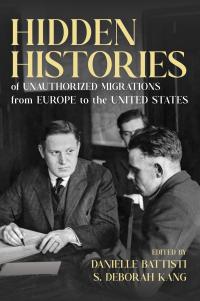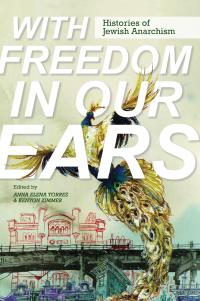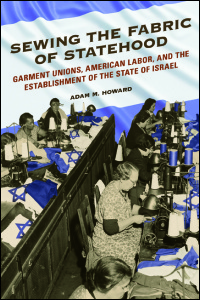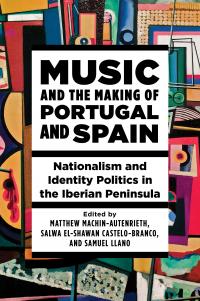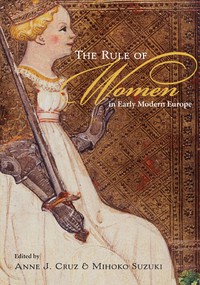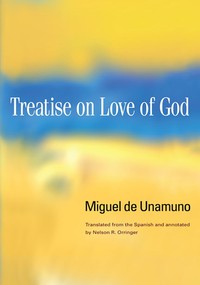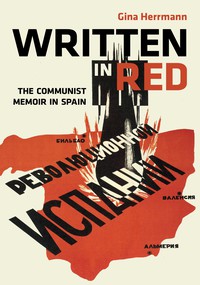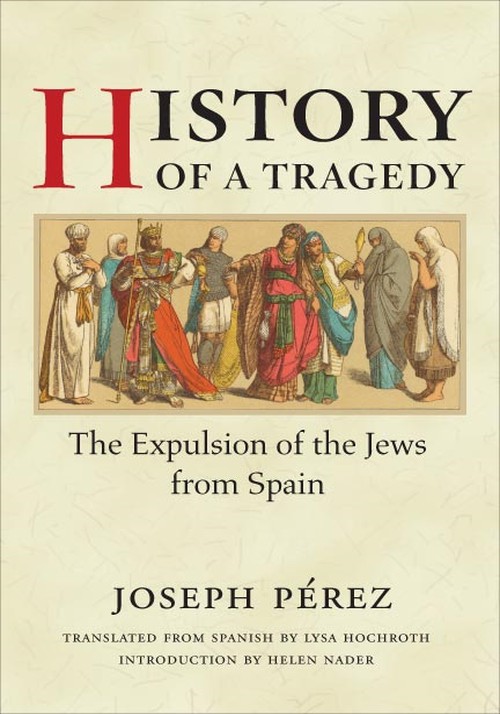
History of a Tragedy
The Expulsion of the Jews from Spain
Translated from Spanish by Lysa Hochroth. Introduction by Helen Nader
A concise retelling of the Sephardic Jews’ grim story
Cloth – $42
978-0-252-03141-0
Publication Date
Cloth: 03/19/2007
Series: Hispanisms
About the Book
Few events in the history of Spain have provoked as much controversy as the expulsion of the Jews in 1492. Conflicts within the Catholic Church, suspicions within the newly unified Spain, and the claims of Spanish merchants combined to make the Spain of Fernando and Isabel intolerant and inquisitorial. Yet the roots of Spanish anti-Semitism went deeper. In this concise survey of the expulsion of the Sephardic Jews, Joseph Pérez studies the evolution of the Jewish community in Spain from the time of the Visigoths to the reign of the Catholic kings. He explores the Jewish community’s role in creating and sustaining the vibrant cultural, political, and economic world of medieval Spain, and how growing religious intolerance, a pervasive resentment of the “others,” and a string of escalating encroachments culminated in expulsion.About the Author
Joseph Pérez is currently the director of the Casa de Velázquez in Madrid. He is the author of La révolution des “Communidades” de Castille, 1520-1521 and other books. Lysa Hochroth is currently an editor with the International Council of Museums in Paris. Her previous translations include Enrique Florescano’s The Myth of Quetzalcoatl.Reviews
"Perez . . . draws on his broad knowledge of Jewish history to present an overview of the expulsion of Jews from Spain in the context of European history. . . . General readers and scholars alike will appreciate the correlation Perez makes between the intolerance that affected Jew so tragically in 15th-century Spain and that affecting minorities in Europe today. . . . Recommended."--Choice"The book takes welcome steps to contest outmoded perceptions of Hispano-Jews and of the watershed of 1492."--Renaissance Quarterly
"This is an exemplary work of humane scholarship that informs its readers and illuminates its subject, and is deserving of the highest praise."--International History Review

